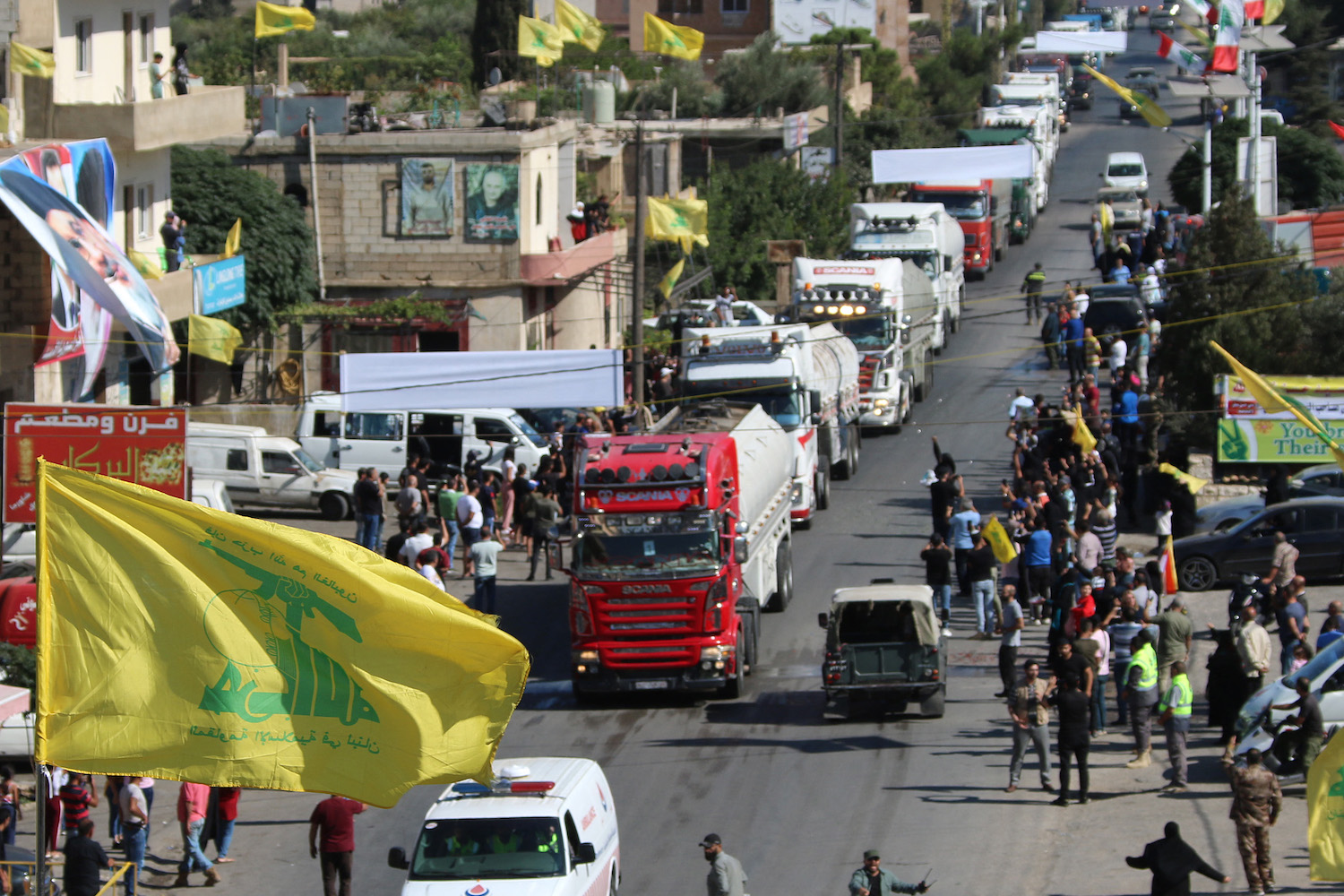
By Laura Kelly — thehills.com — The Biden administration on Tuesday issued sanctions against a Lebanese travel company and three businessmen for financially supporting Hezbollah, the U.S.-designated terrorist organization based in Lebanon. Secretary of State Antony Blinken said the sanctions designation was carried out “in solidarity with the Lebanese people, whose security and sovereignty remains threatened by Hizballah’s corrupt and destabilizing activities.” The sanctions target the business Dar Al Salam for Travel & Tourism and three of its founders, Adel Diab, Ali Mohamad Daoun, and Jihad Salem Alame.
The Treasury Department said all three men are members of Hezbollah and have “materially assisted, sponsored, or provided financial, material, or technological support for, or goods or services to or in support of” Hezbollah. “With this action, Treasury is disrupting businessmen who raise and launder funds for Hizballah’s destabilizing activities while the Lebanese people face worsening economic and humanitarian crises,” Under Secretary of the Treasury for Terrorism and Financial Intelligence Brian Nelson said in a statement. “Hizballah claims it supports the Lebanese people, but just like other corrupt actors in Lebanon that Treasury has designated, Hizballah continues to profit from insulated business ventures and backdoor political deals, amassing wealth that the Lebanese people never see.” The sanctions block any property or assets in the U.S. owned by the persons or the business and generally prohibit U.S. persons from engaging in transactions with the blacklisted individuals or businesses. While Americans are generally blocked from engaging in transactions with the sanctioned individuals, any person who engages in specific transactions runs the risk of being sanctioned by the U.S.
The U.S. designated Hezbollah a foreign terrorist organization in 1997 and a Specially Designated Global Terrorist Organization in 2001. The U.S. makes no distinction between Hezbollah’s military and political wing, the whole organization backed by Iran, despite Hezbollah members serving in, and holding significant influence, in the Lebanese government. Last week, Hezbollah members reportedly said they would end a nearly three-month boycott of government cabinet sessions to approve a budget and address Lebanon’s economic crisis, which the World Bank has described as in the top 10, possibly top three, of worst economic financial crises globally.



